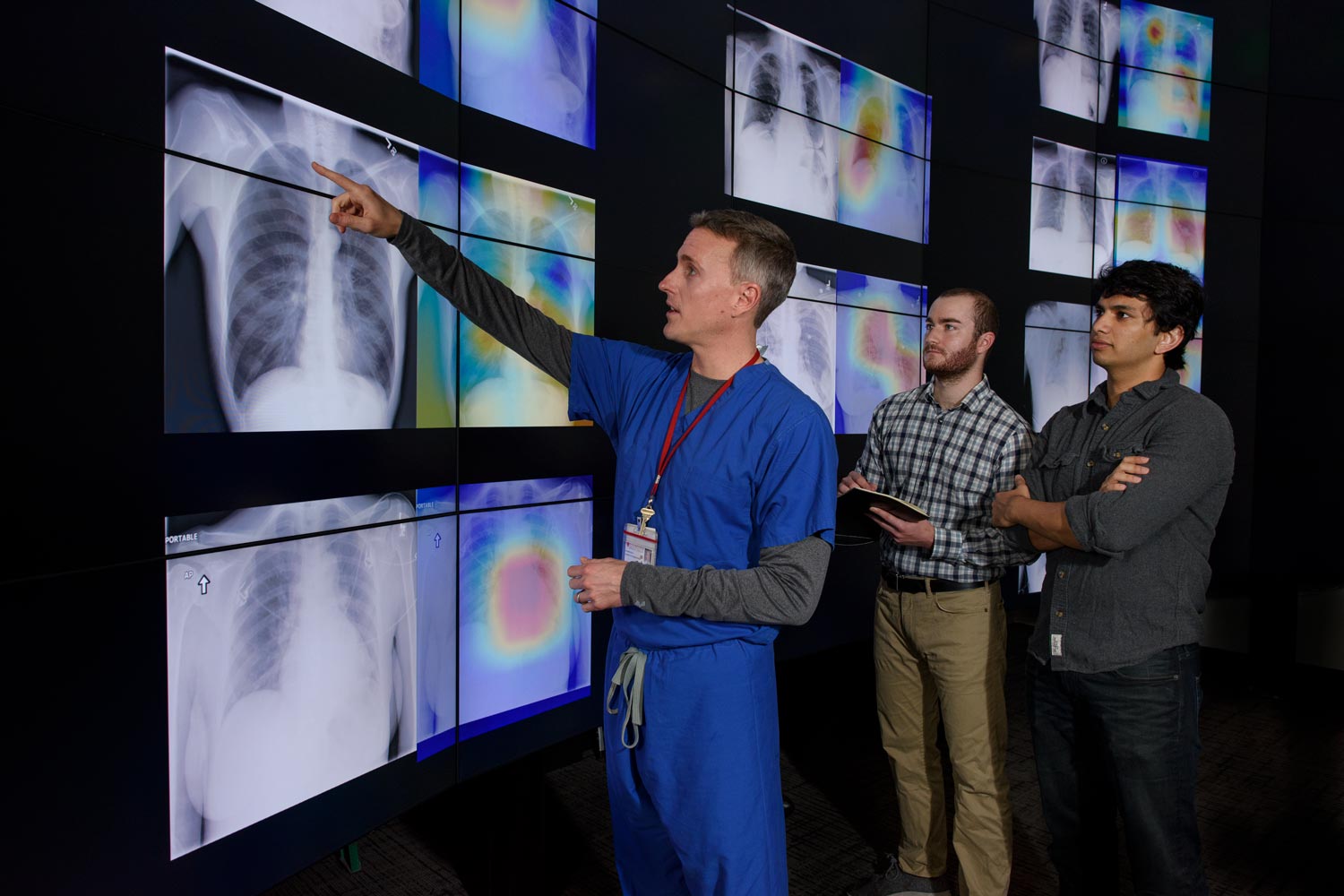Originally posted by alcalde
View Post
Deep learning is driven by marketing from Nvidia, who want you to buy their hardware and not to use CPUs for it. Nvidia is making an aggressive push to get ahead in the business by integrating it into their GPUs. This is alright and it has opened up some interesting new fields, but you are now falling for the hype and think it would require lots of silicon before one can do anything with it. Neural networks, however, or what people now call AIs, have been studied and used for more than 30 years now.
We then have seen what happens when people do not understand the basics and act stupid. They use AI face recognition, which was trained with a few hundred thousand faces, and apply it to millions of people.
I suggest you get into it and understand how it works and how simple it can be before you want to talk about deep learning.




Comment